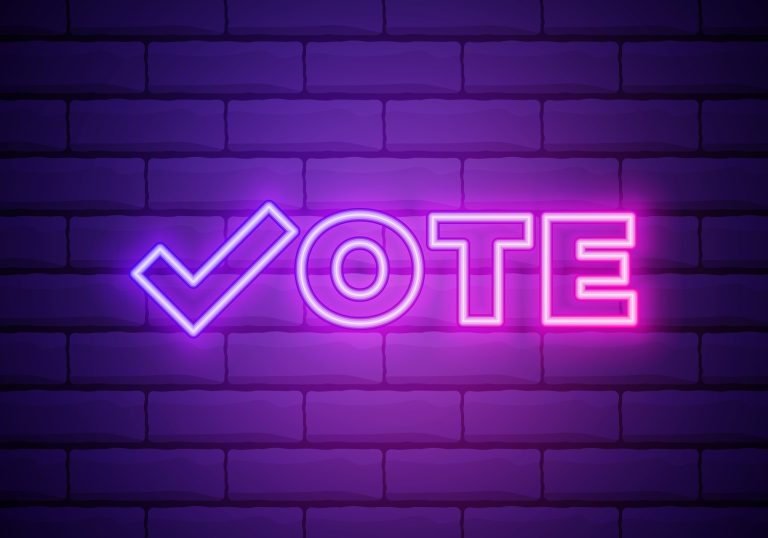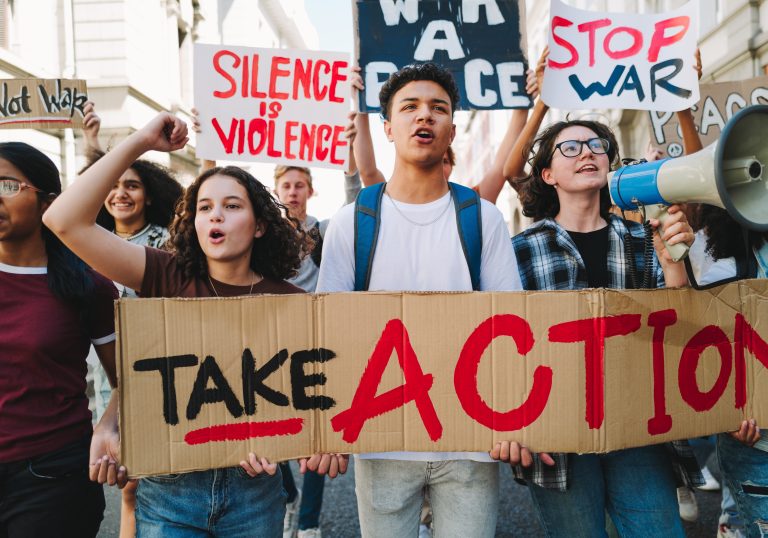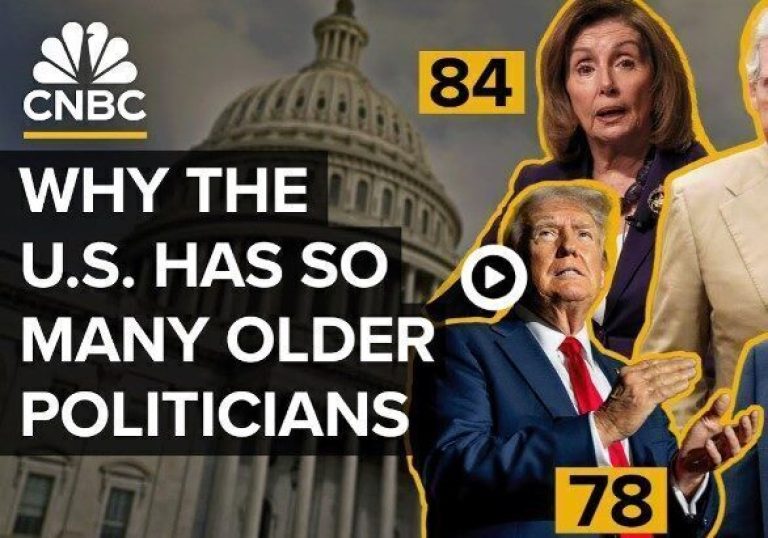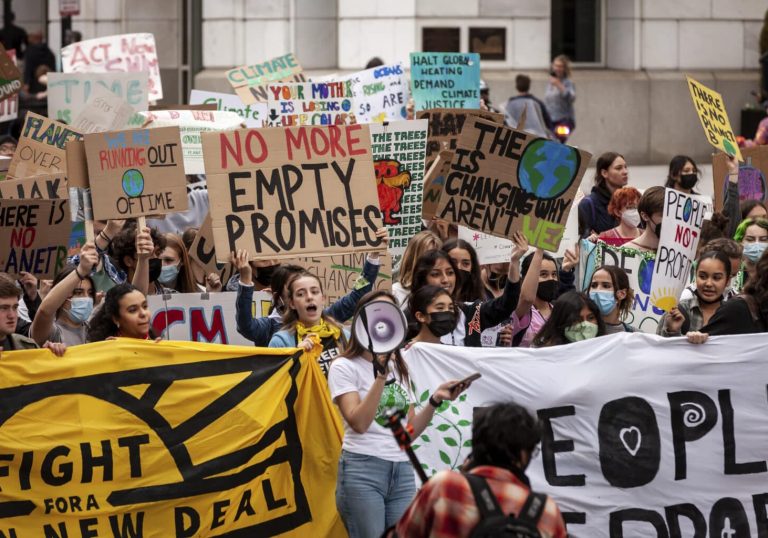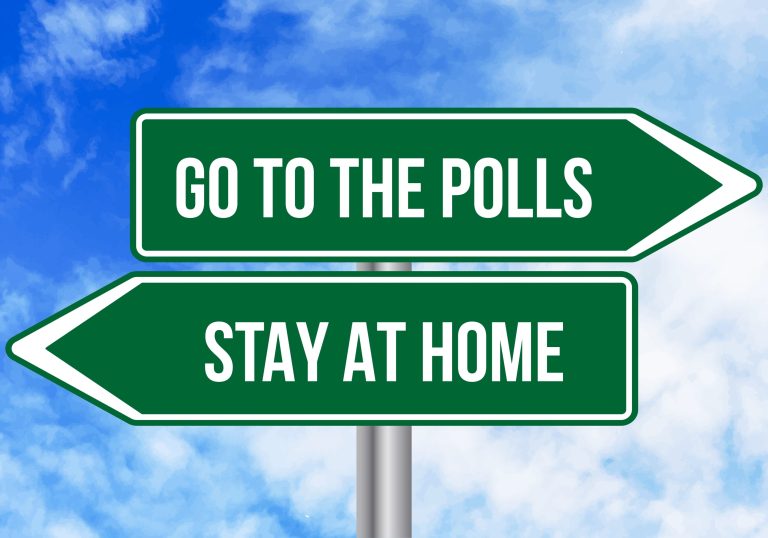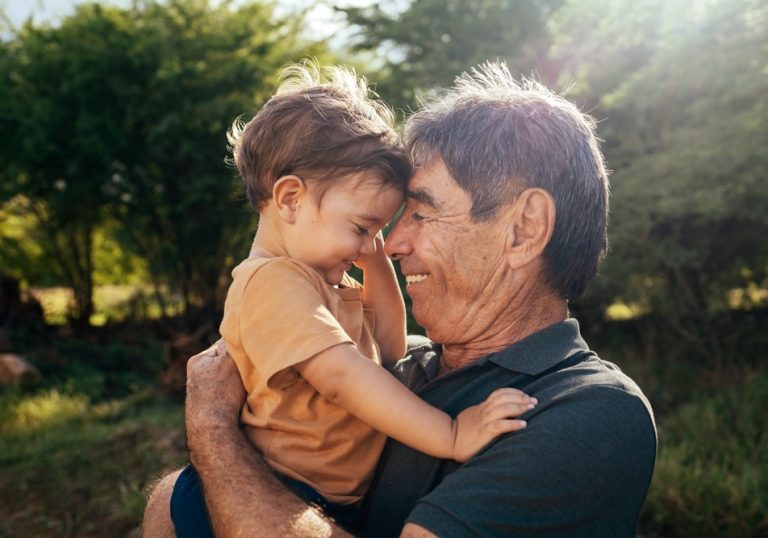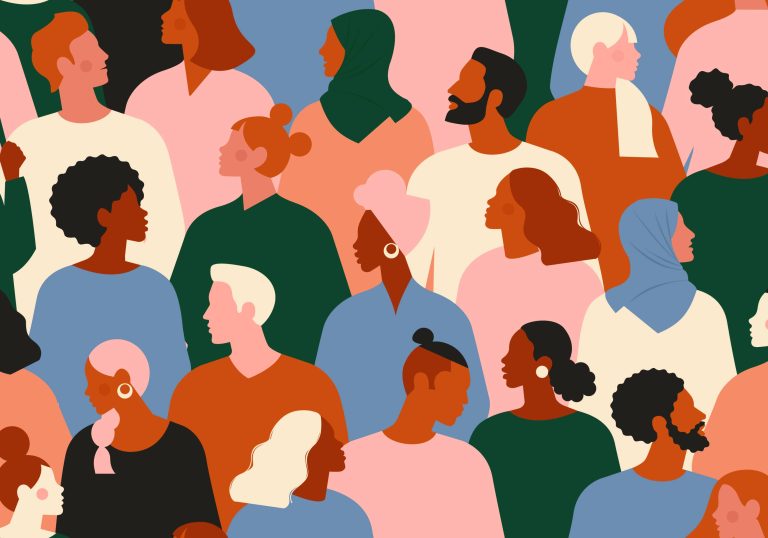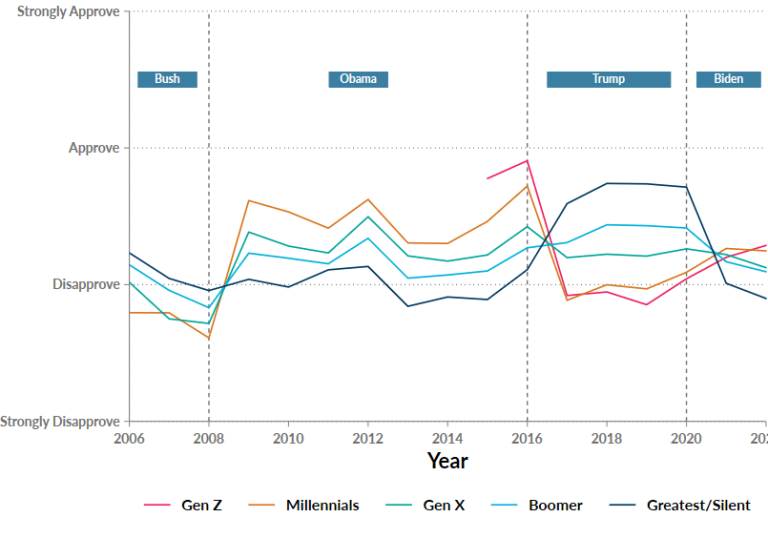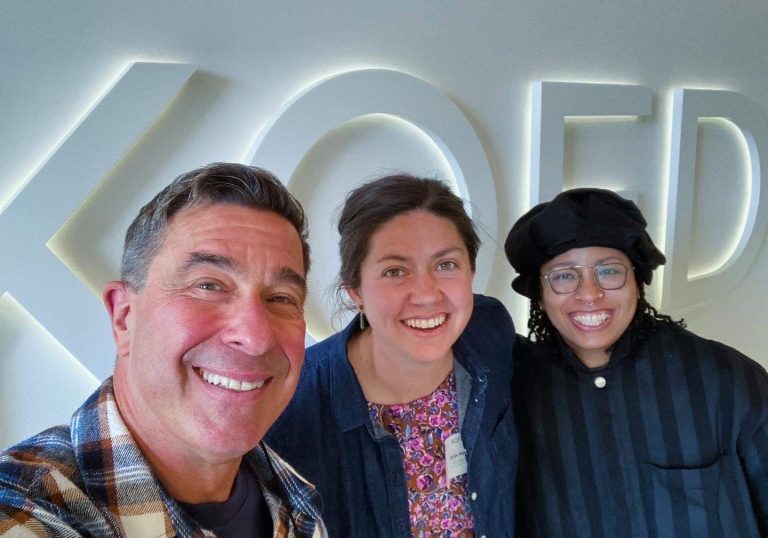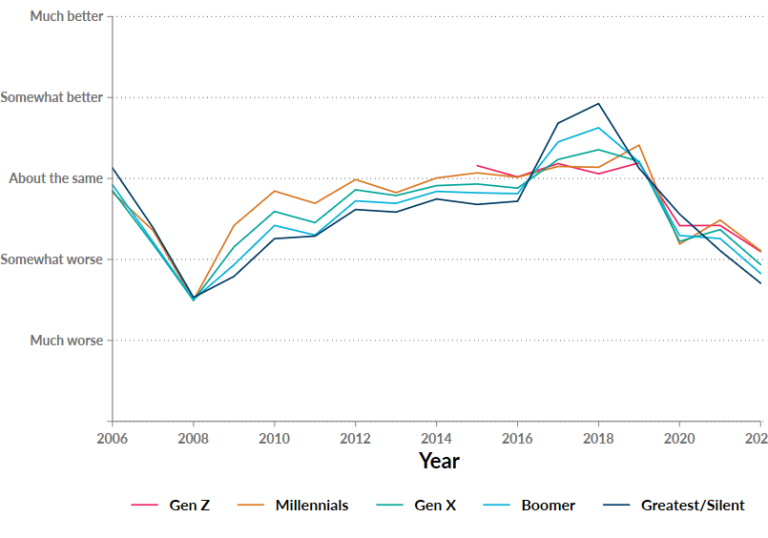An interview with Ria Babaria, Chief of Policy and Legislative Director at Generation Up, one of the groups leading the effort to lower the voting age in California.
July 1st marks the 52nd anniversary of the ratification of the 26th Amendment, which lowered the voting age from 21 to 18. At the time of the amendment’s passage, a broad coalition of groups advocated, educated, and ultimately prevailed in convincing the country that if 18-, 19-, and 20-year olds were old enough to serve in the military and pay taxes, then they were also old enough to have the right to vote.
Now 50+ years later, a new group of young advocates are again pushing to lower the voting age (here in California, adovates are pushing to pass a constitutional amendment, SCA 2, to lower the voting age to 17). These groups argue that younger adults – those 16- and 17-years-old – not only have the capacity to make informed voting decisions, but that as leaders on the front lines in the fight for racial justice, climate action, and gun violence prevention, they also deserve the right to vote.
This month we chatted with one of the leaders behind the push to lower the voting age in California – Ria Babaria, the Chief of Policy and Legislative Director for Generation Up. Read on to learn more about why groups like Generation Up are pushing for this change
This interview has been edited for length and clarity.
BIFYA: Tell us a bit about yourself – where are you from and what are you working on in your life?
RB: I am Ria Babaria, a recent graduate of Riverside STEM High School. I have set my sights on pursuing a higher education at UCLA, where I intend to major in Public Affairs and Cognitive Science. My passion lies in advocating for the voices of young people and driving transformative change. It is disheartening to witness many youths unaware of how to engage or discouraged due to societal stigmas surrounding youth involvement in politics and social issues. Throughout my journey, I have actively participated in the creation, co-sponsorship, and support of legislation that positively impacts young individuals. My focus areas encompass civic engagement, mental health, identity equity, public health, and environmentalism.
BIFYA: How did you get interested in youth civic engagement?
RB: Youth often find themselves excluded from important discussions that directly impact them or will have future consequences for them. I firmly believe that youth voices should never be dismissed or underestimated, as they possess valuable insights and perspectives. Young individuals experience significant challenges and hardships that are frequently overlooked by adults. For instance, I personally know a friend who took on multiple jobs to financially support her family while simultaneously caring for her elderly grandmother and siblings. I have also witnessed numerous students struggling with mental health issues in educational settings, where policymakers have yet to adequately address the need for mental health resources or improve existing support systems. In a world where school shootings and gun violence have unfortunately become all too commonplace, youth experience fear and helplessness, unable to act because they lack the ability to vote for their representatives or voice their opinions without encountering stigma in today’s political climate.
My passion for youth civic engagement stems from a profound recognition of the importance of empowering young individuals to become active contributors to their communities and society at large. Witnessing the immense potential of young people to effect positive change, as well as the barriers they confront in accessing resources and opportunities, has further fueled my commitment to advocating for and supporting youth civic engagement initiatives. It is essential to acknowledge that youth come from diverse backgrounds and offer invaluable experiences that can significantly influence policies, drive social justice movements, and enhance the overall well-being of their communities.
BIFYA: How and why did you get involved with GENup originally?
RB: My decision to get involved was primarily driven by the disregard and neglect often experienced by youth voices. A notable incident occurred when I raised concerns about the absence of a sexual education course within my school’s curriculum, only to be largely ignored by the administration. It was this frustrating experience that led me to seek out organizations like GENup, where I could have my voice amplified and join forces with other young individuals. The frequent silencing of young perspectives served as a compelling catalyst for my involvement in GENup.
I initially became involved with my local chapter of GENup as a member, driven by a desire to serve my community and amplify the voices of youth within the Riverside Unified School District. Eventually, I assumed the role of Chapter President, where my focus was on implementing a Student Bill of Rights to safeguard students’ rights and prevent violations on school campuses. Motivated to create a larger impact, I applied to the national board and spearheaded a menstrual equity campaign, encouraging districts to organize period product drives and explore further measures to bridge the menstrual equity gap. Moreover, I actively advocated for the installation of solar panels in schools, the incorporation of climate education into the curriculum, and the promotion of religious inclusivity by ensuring recognition of holidays from various faiths on the school calendar. I soon became involved in the policy team, initially as a member and later assuming the role of Chief of Policy and Legislative Director this year. What began as a small effort to make an impact in my school district evolved into a genuine passion for amplifying my own voice and the voices of fellow students.
BIFYA: Why is GENup pursuing lowering the voting age to 17?
RB: Our organization is driven by youth at every level, with young individuals leading and guiding all aspects of GENup’s operations. At the core of our work is the commitment to empower youth and ensure their voices are heard in all realms of education advocacy. We recognize that young people possess unique perspectives and lived experiences, which infuse their voices with power and relevance in the field of educational advocacy. We firmly believe that youth have the cognitive capability to have informed opinions on matters such as climate change, gun violence, and other societal concerns that directly affect them and should have the opportunity to exercise their right to vote. It is evident that young people are actively involved in hosting rallies, championing policy changes, and even contributing to legislative efforts. Lowering the voting age would enable high school students, who have already studied history and American politics, to participate in the democratic process. This inclusive approach would ensure that students have a fresh perspective and a direct say in choosing representatives who can effectively address the concerns that will impact their future. By lowering the voting age, we can capture the voices of youth who are still in high school and have a stable educational foundation. This allows for a broader representation of student perspectives and ensures that their concerns and priorities are duly considered.
BIFYA: What has been the biggest challenge so far up to this point?
RB: The primary hurdle facing the bill is the need to persuade older generations that youth aged 16 or 17 are not immature or too young to exercise their right to vote. It is essential to emphasize that these young individuals possess the same cognitive abilities and functions as adults. There are a significant number of politically engaged youth actively participating in advocacy spaces. This demonstrates their ability to form accurate and responsible opinions on state and national issues.
Lowering the voting age carries a certain stigma, despite scientific research indicating that youth are fully capable of making informed voting decisions. The key is to dispel these misconceptions and illustrate that lowering the voting age is not a reckless decision but a strategic one. By allowing high school students to vote while they are still in a stable educational environment, connected to the learning process, and capable of making responsible choices, we create an opportunity for informed and meaningful participation in the democratic process. By showcasing the advantages of youth participation in the electoral process, we can address concerns and demonstrate the wisdom behind this change. Ultimately, the aim is to promote a shift in perception, acknowledging that enabling youth in high school to vote can lead to a more engaged, inclusive, and representative democracy.
Lastly, the global pandemic has placed significant responsibilities on younger individuals. We have shouldered the financial burden of supporting our families, taken on multiple jobs, and even assisted our family members in filling out their voting ballots. The pandemic has forced our generation to mature at an earlier age and actively engage in political matters. Now that we have grown up and faced these challenging circumstances, it is only fair that we have the opportunity to cast our votes on the very issues that cause us anxiety and concern.
BIFYA: What’s next for the movement?
RB: Currently, we are in a phase of anticipation as we wait for the bill to be heard in the Senate Appropriations Committee.
We are also continuing our outreach to expand our SCA 2 Coalition, filled with youth and supportive organizations. If you are anyone you know is interested in joining the coalition, please contact Rachel.Buller@sen.ca.gov.
BIFYA: Why is this work important to you personally?
RB: The work of advocating for a lower voting age holds immense importance as it recognizes the impactful backgrounds, voices, and lived experiences of youth. As humans, we have much to learn from one another, and it is unjust to exclude the youth from these crucial conversations. Having been actively involved in multiple advocacy spaces focused on education, environment, LGBTQ rights, healthcare, and mental health, I have witnessed the immense passion that many young individuals possess in addressing societal wrongs and rectifying social injustices. Lowering the voting age becomes especially significant because youth are at the forefront of some of the most pressing issues we face today. Climate change is an undeniable reality, and it is our generation that will bear the consequences of representatives who fail to take effective action against it. Gun violence continues to plague schools across the United States, yet there is minimal legislative progress in terms of improving gun control, with representatives neglecting to incorporate youth voices in the decision-making process. By lowering the voting age, we can ensure that the representatives in office are directly influenced by the voices and concerns of these young individuals, making them more inclined to listen and address the urgent issues that impact the youth directly.
BIFYA: What is the most common misconception that people have about the youth vote?
RB: One prevailing misconception that often arises in discussions about lowering the voting age is the belief that youth are generally disinterested and uninvolved in political matters, and lack the cognitive capabilities necessary to make informed voting decisions. Furthermore, skeptics argue that if young adults between the ages of 18 and 24 are not actively engaged in the political process, how can we expect those in the lower age group of 17 to be politically involved? It is crucial to challenge these misconceptions and consider a more nuanced understanding of youth engagement and political participation.
While it may be true that not all individuals within the 18-24 age range are actively involved in politics, it is unfair to generalize this to all young people. Voters aged from 18-24 are going through life changes like figuring out how to financially provide for themselves, housing, secondary education, how to care for possible dependents, and are caught at a time of drastic change. Many youth are deeply passionate about social and political issues, and actively seek avenues for civic engagement and advocacy. They are well-informed, articulate, and bring unique perspectives to the table. Lowering the voting age is not solely about capturing the interest or involvement of young adults; it is about recognizing that youth have their own distinct experiences, opinions, and concerns that deserve representation in the democratic process. Moreover, it is important to remember that political engagement is not solely determined by age. Factors such as education, socioeconomic background, and cultural context can also influence an individual’s interest and involvement in politics. By lowering the voting age, we create an environment that encourages political awareness and participation from an earlier age, nurturing a culture of civic responsibility and empowering young individuals to become active participants in shaping the future of their communities and society as a whole.
BIFYA: What are you most proud of with your work with GenUp?
RB: It is difficult to distill my sense of pride into a single accomplishment during my time at GENup, considering my involvement with this organization dates back to my sophomore year of high school. Among the many remarkable endeavors I have been fortunate to contribute to, I am particularly proud of my involvement in co-sponsoring significant pieces of legislation. Bills such as SB 541, which aims to ensure free condom availability and expand accessibility to HPV vaccines in all high schools across California, have been instrumental in promoting sexual health and well-being among students. Additionally, working on SB 394, which calls for the creation of a Climate Masterplan Document to address emissions within school environments, has been a truly rewarding experience as it directly addresses the urgent issue of climate change. However, one of the most exciting ventures I have had the privilege of participating in at GENup is supporting SCA 2—a groundbreaking bill that seeks to lower the voting age across California, granting young individuals the unique opportunity to actively participate in both local and federal elections. The prospect of amplifying youth voices and reshaping the political landscape through this progressive measure has ignited my passion for fostering meaningful change. It is the collective impact of these endeavors, the collaborative spirit of the organization, and the relentless pursuit of equity and justice within the education system that have left an indelible mark on my personal and professional growth. Each experience has shaped my commitment to advocating for positive societal transformation and has solidified my belief in the power of youth-driven initiatives. I look forward to continuing my work alongside the dedicated individuals at GENup as we strive to create a future where every student has equal access to quality education and the opportunity to thrive.
Are you interested in understanding what the research says about lowering the voting age? Want to learn more about California’s previous efforts to lower the voting age? Read our policy brief.
